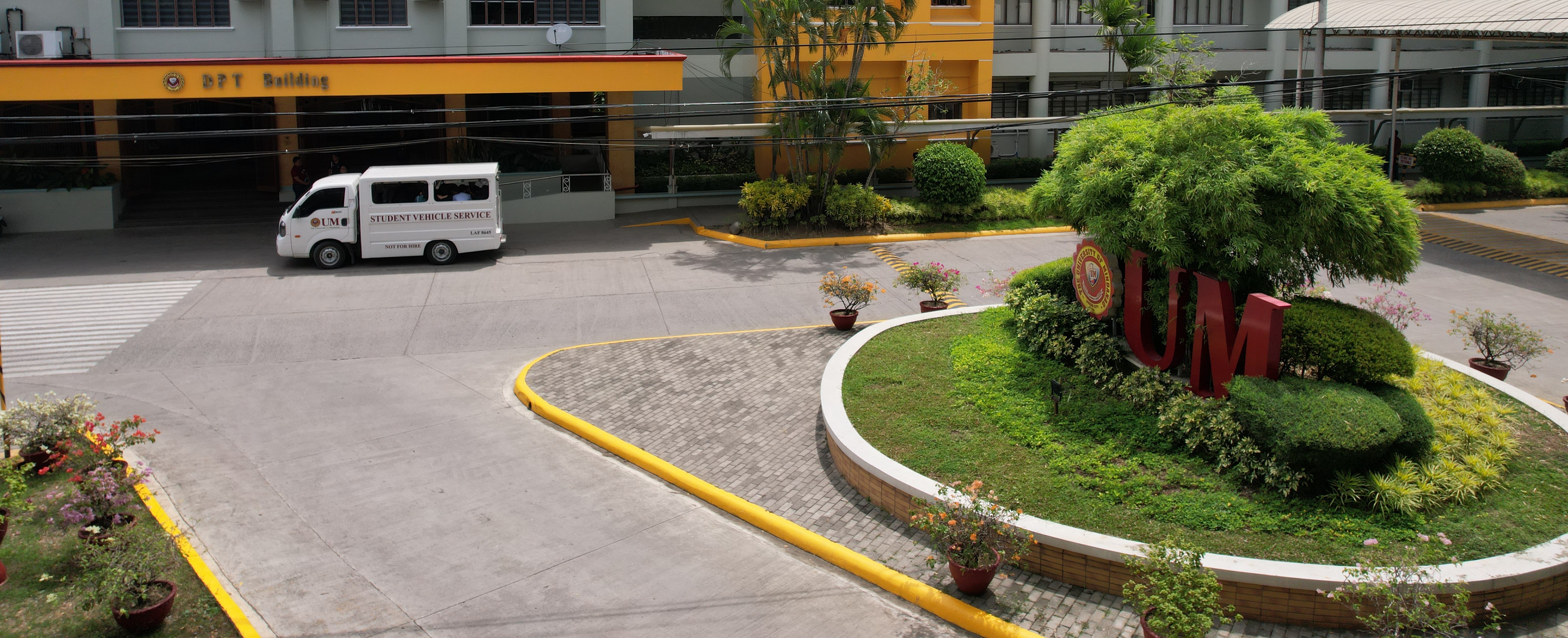
Bachelor of
Special Needs Education - Elementary School Teaching
About the Program
The Bachelor of Special Needs Education is an undergraduate teacher education program specializing in special needs education, specifically Elementary School Teaching. BSNEd program prepares teachers who will instruct and manage students with additional needs in inclusive and segregated educational settings. Its graduates will be equipped to teach the basic education curriculum and alternate curricula depending on the needs of the students. Those who will teach in the elementary level will be trained across different areas. BSNEd students are perceived to demonstrate updated and deep knowledge of the subject matter they will teach, employ various teaching process skills in planning lessons, develop appropriate instructional materials and assessment tasks, implement effective teaching approaches and strategies, and integrate technology in the teaching-learning process. They are also expected to display effective communication skills, ethical responsibility, and interest in pursuing personal and professional growth.
Program Educational Objectives
Three to five years after graduation, the graduates are expected to:
- Demonstrate updated and deep knowledge of the subject matter they teach.
- Apply a wide range of teaching process skills particularly on lesson planning, materials development, teaching approaches, ICT integration, and ethical considerations.
- Demonstrate effective communication skills and ethical responsibility in teaching profession.
- Engage in continuing professional education and trainings.
Student Outcomes
By the time of graduation, the students of the program shall have the ability to:
- Articulate the rootedness of education in philosophical, socio-cultural, historical, psychological, and political contexts
- Demonstrate mastery of subject matter/discipline
- Facilitate learning using a wide range of teaching methodologies and delivery modes appropriate to specific learners and their environment.
- Develop innovative curricula, instructional plans, teaching approaches, and resources for diverse learners
- Apply skills in the development and utilization of ICT to promote quality, relevant, and sustainable educational practices
- Demonstrate a variety of thinking skills in planning, monitoring, assessing, and reporting learning processes and outcomes
- Practice professional and ethical teaching standards sensitive to the local, national, and global realities
- Pursue lifelong learning for personal and professional growth through varied experiential and field-based opportunities
- Provide respectful and meaningful learning experiences and collaborative opportunities for students with additional needs and their families
- Respond effectively to educational needs of students with additional needs
- Create safe, inclusive, culturally responsive learning environments for students with additional needs
- Use knowledge of general and specialized curricula to individualize learning for students with additional needs
- Use evidence-based instructional strategies to maximize learning opportunities for students with additional needs
- Use multiple methods of assessment and multiple data-sources to make sound educational decisions for students with additional needs
- Demonstrate reflective thinking and professional self-direction

 Explore in Academia
Explore in Academia